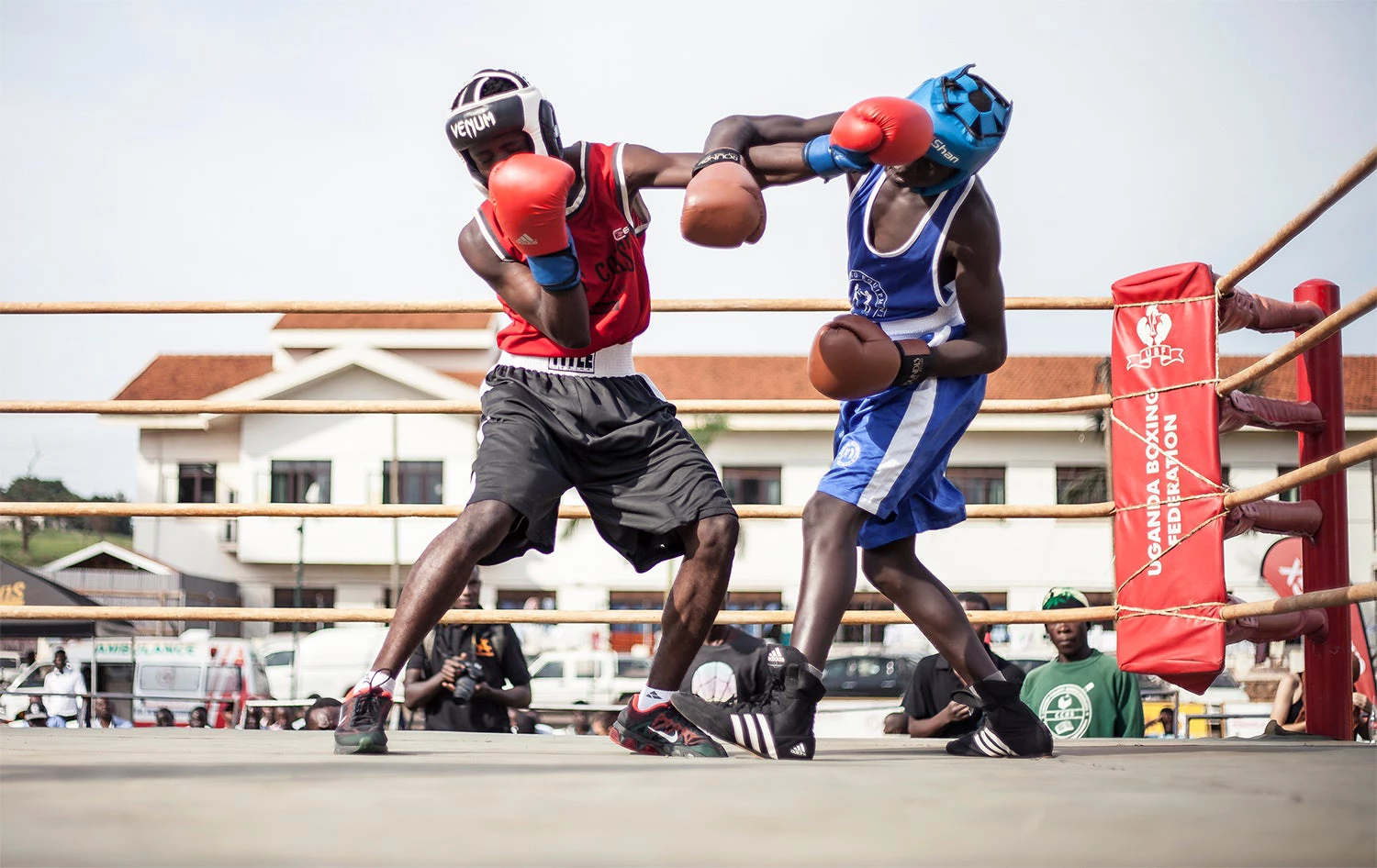
· On VoxDev, Bousquet et al. summarize their recent JDE paper on how the perception of job competition fuels negative attitudes between hosts and refugees in Ethiopia and Uganda. Using randomized vignettes they find “When hosts were presented with a refugee working in a different occupation, their responses did not differ significantly from those presented with a fellow host character. This suggests that refugee status alone does not trigger more negative views. However, when the refugee character shared the host respondent’s occupation, attitudes became notably more prejudicial…Our findings suggest that prejudice toward refugees is driven more by perceived competition than actual labour market overlap. This pattern holds even when we shift from location-level comparisons to individual-level analysis: we observe the strongest bias among host respondents in sectors where few refugees actually work”
· Also on VoxDev, Xianling Long and Zhiqiang Wang look at how climate change has driven firms to innovate in China. They “find that rising temperatures significantly increase innovation in both climate adaptation and mitigation technologies. Crucially, innovation is not confined to firms directly exposed to climate risks. Instead, it emerges from shifts in demand across the economy, driven by citizen behaviour and government policy.”
· “we find that in the year the cash transfer, this big $1,000 cash transfer, was received by households, in that year, infant mortality in recipient areas fell by 40%.” – Ted Miguel describing work in progress as part of a wide-ranging discussion on the Mindscape Podcast where he also discusses his work on deworming, culture, climate change, reproducibility, and new work on aging.
· “what I see as one of very promising directions in the field: understanding the interaction of multiple frictions. In low-income settings, there’s rarely a single constraint holding firms or households back. A firm might gain access to credit but still face weak demand, which itself may be limited by poor infrastructure, fragmented markets, or lack of consumer connectivity. Addressing one bottleneck in isolation often doesn’t deliver meaningful change unless complementary frictions are also tackled.” – from an ETRM interview with Kristina Manysheva on development macroeconomics, getting research ideas through talking and visiting, and on innovation in low-income settings.
· Call for Papers: The French Development Agency (AFD) Research Department, the World Bank Development Research Group (DECRG), and the PSE International Migration Economics Chair are jointly organizing the 18th International Conference on “Migration and Development”. The conference is devoted to investigating ways in which international migration affects economic and social change in developing countries. Possible topics include the effects of migration on poverty, inequality, and human capital formation; social networks and migration; migration and globalization; migration and institutional/technological/demographic/cultural change in sending countries, today and in the past. Submissions of full papers (pdf files only, named after the submitting author’s last name) are expected by July 15, 2025. Submissions should be sent by email at migdevconf@psemail.eu. Decisions are expected to be communicated by August 10, 2025. Travel (economy class) and accommodation in Paris for up to three nights will be covered.


Join the Conversation